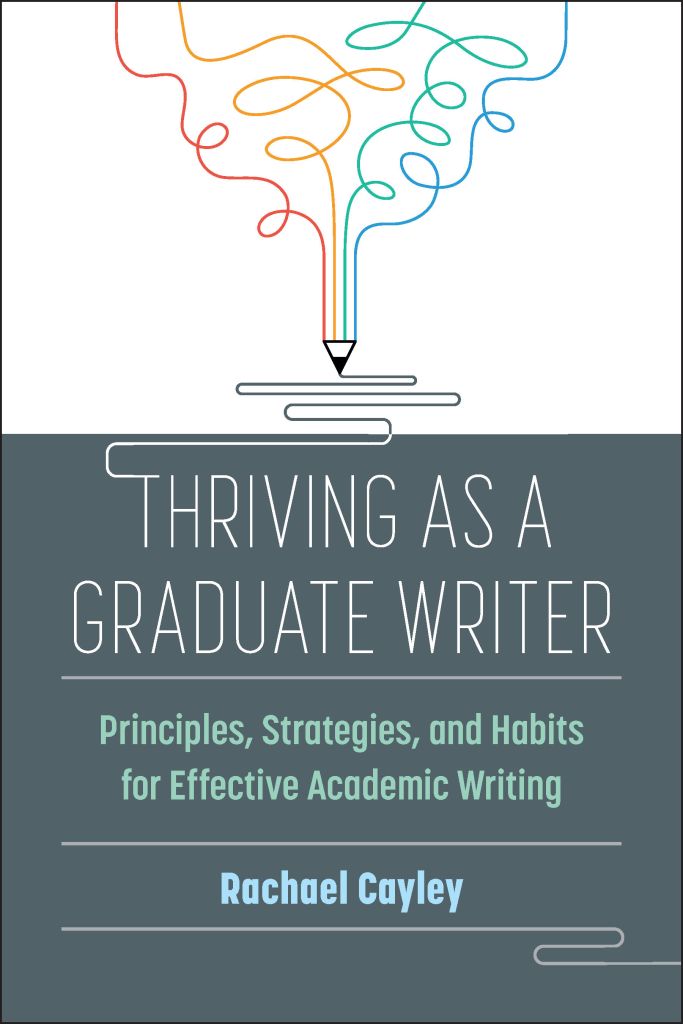If you’re a regular reader of this blog, you will know that I’ve spent the last few years working on a book about graduate writing. That process is now drawing to a close: Thriving as a Graduate Writer will be published in June! Between now and then, I’m going to use this space to share brief excerpts. In addition to my discussion of principles, strategies, and habits for effective academic writing, the book has short ‘asides’ that allowed me to engage with topics outside that main narrative. Over the next four months, I’ll share my favourites of those asides. As always, I’d love to hear what you think!

Style Sheets
As early in the drafting process as you can manage, I always recommend creating a document-specific style sheet. A style sheet is nothing more than a record of your decisions, created for the purpose of maximal consistency. The easiest way to create a style sheet is to pay attention to the decisions you make as you go along and then record them. You may have thought that a choice was obvious or that an issue was inconsequential; no matter, if you had to pause to make a writing-related decision, record it in your style sheet. This process will be different for each writer and each project. If you are writing a thesis, you may be working from a provided template that will mercifully cut down on formatting decisions. If you are using a citation manager, you may be spared too much worry about citation formatting. But you will still make a great many decisions as you write, so why not increase efficiency by making those decisions only once? One reason that we fail to take this simple step is that we imagine—at that moment of decision—that we will remember our decision. In fact, we often remember having decided without being able to remember what that decision actually was. Did you choose pre-modern, Premodern, or premodern? Do you use future or present tense for prospective signposting? Do you put the punctuation inside or outside the quotation marks? Do you indent the first line of a paragraph or add an additional space? At what point do you stop spelling out numbers and present them as numerals? Did your abbreviation include the plural, or will you make the abbreviation plural as needed? Are you using the serial comma? Do you know what terms in your field are capitalized or italicized? To answer some of these questions may require consulting resources—such as your disciplinary style guide—but you want to avoid checking those cumbersome resources repeatedly. Instead, once you have resolved an issue, put it in your style sheet. Your future self will thank you.
Thriving as a Graduate Writer will be available in early June from the University of Michigan Press. To pre-order your copy, visit the book page. Order online and save 30% with discount code UMS23!


